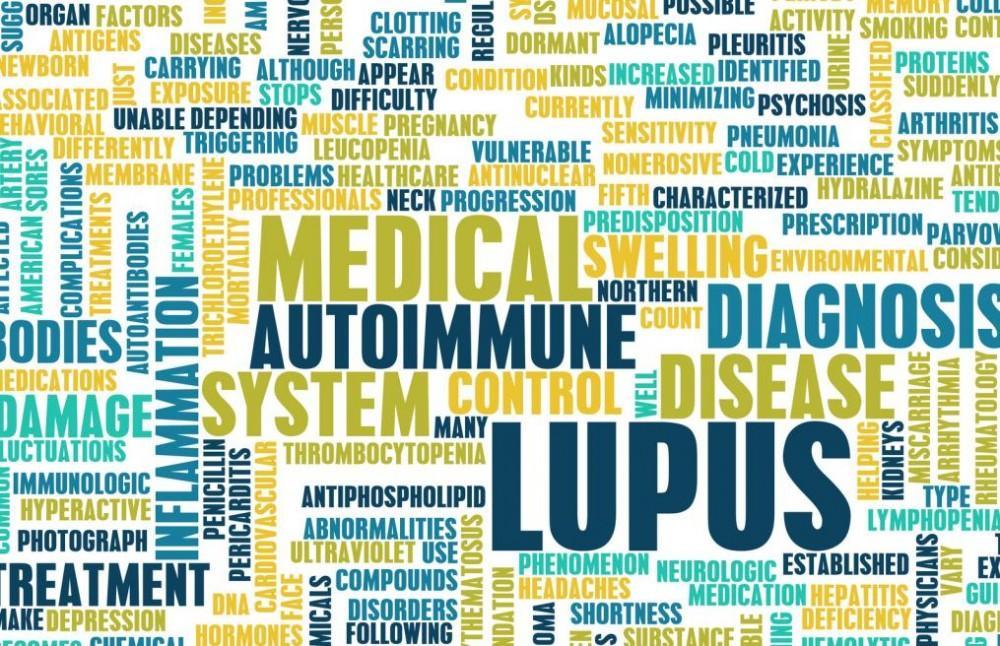Lupus is an autoimmune disease that is chronic in nature and has no cure. According to the Lupus Foundation of America, nearly 1.5 million Americans suffer from Lupus. Women are more susceptible to Lupus, especially when they can bear children. Most individuals develop lupus between the ages of fifteen to forty-four years old. Let’s take a look at the causes and symptoms of lupus and whether it can be treated.
Causes of Lupus
In Lupus, your immune system starts to attack your tissues. This is known as autoimmunity. When the immune system cells attack your body, it results in very intense inflammation. Lupus results due to a combination of factors involving your hormones, genes, and the environment. The MHC class II and class III genes have been known to cause lupus. There are other genes that may be involved as well. Hormonal factors have also been linked to Lupus. For instance, the hormone estrogen is an immuno-enhancing hormone. This hormone makes the immune systems of women stronger than those of men. As a result, women are more prone to developing autoimmune diseases.
Environmental factors that contribute to lupus include toxins such as silica, mercury, and cigarette smoke. Viruses such as the herpes zoster virus, the Epstein-Barr virus, and the cytomegalovirus may also cause lupus.
Symptoms of Lupus
There are several symptoms of Lupus. They vary from one individual to another. The symptoms of Lupus are also transient in nature. They may flare up from time to time and then go in remission. These include:
- Muscle pain and joint pain
- Fever
- Chest pain
- Rashes
- Sensitivity to light
- Hair loss
- Mouth sores
- Extreme fatigue
- Problems in remembering things
- Blood clotting
- Eye problems such as dry eyes, rashes in eyelids, and eye inflammation
- Anemia
Treatment of Lupus
There is no cure for lupus. However, if the disease is diagnosed on a timely basis, then there are several ways of managing the symptoms and leading an improved quality of life. The most common types of medicines that can help treat lupus include:
- Nonsteroidal anti-inflammatory drugs (NSAIDs)— these help treat the swelling and pain in your muscles and joints.
- BLyS-specific inhibitors— these drugs help in limiting the number of abnormal B cells that are present in a person suffering from lupus.
- Anti-malarial drugs— these medicines help treat skin rashes, joint pain, lung inflammation, and fatigue.
- Corticosteroids—these help in reducing the tenderness, swelling, and pain associated with lupus. They help calm down your immune system.
- Immunosuppressive agents
In Conclusion
As long as Lupus is diagnosed in time and appropriate steps are taken to manage the disease, most people with Lupus can live a long life.
If you’re seeking further advice on the symptoms of lupus, we suggest you make an appointment with a physician at irvingprimarycare.com, visit https://www.healthonemedicine.com/ or call (469)262-5762.

